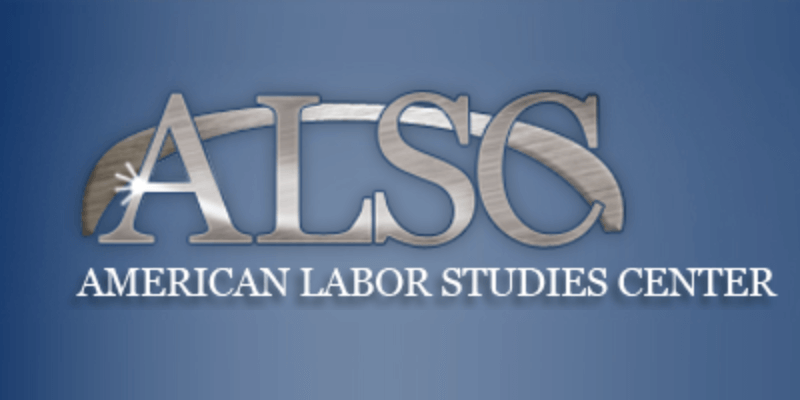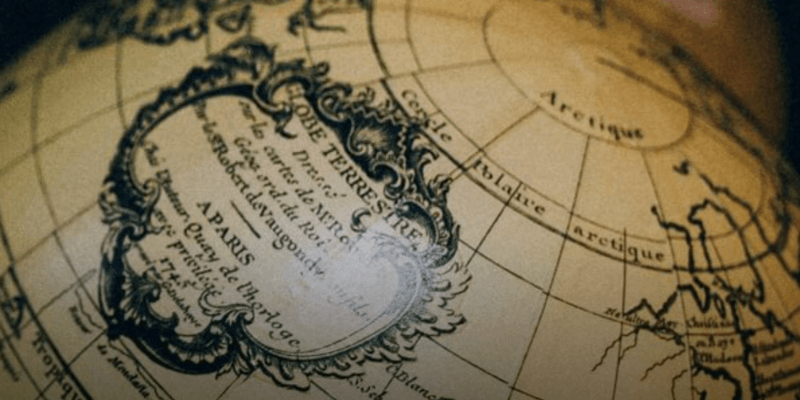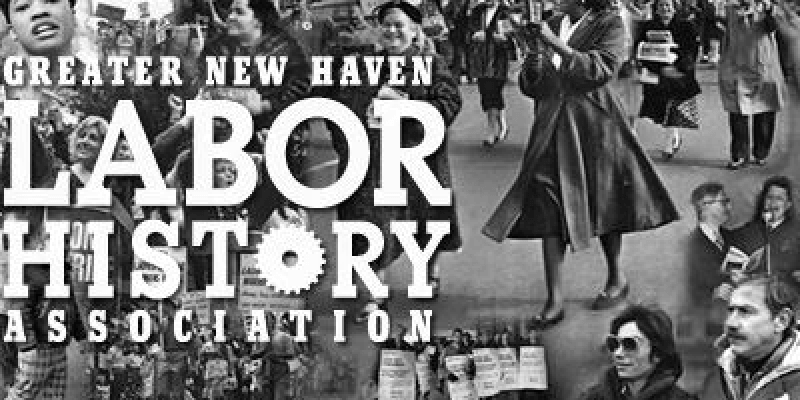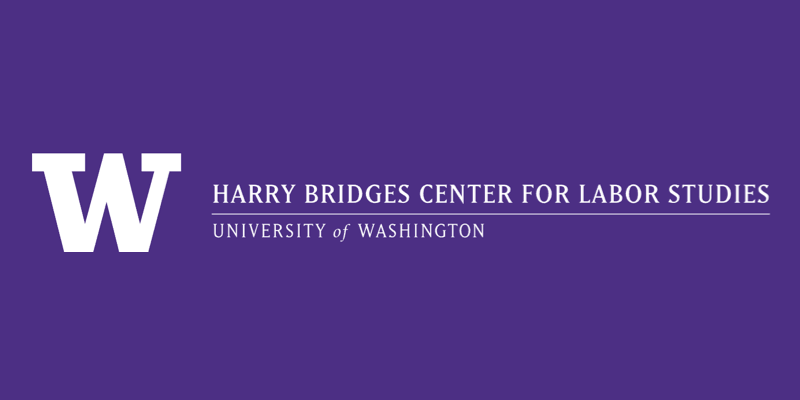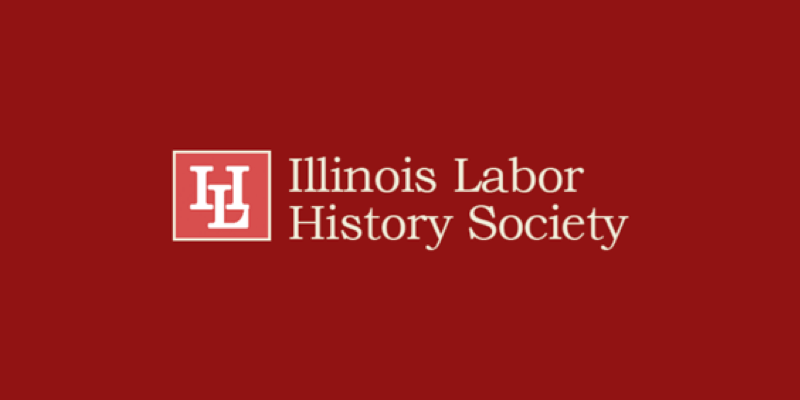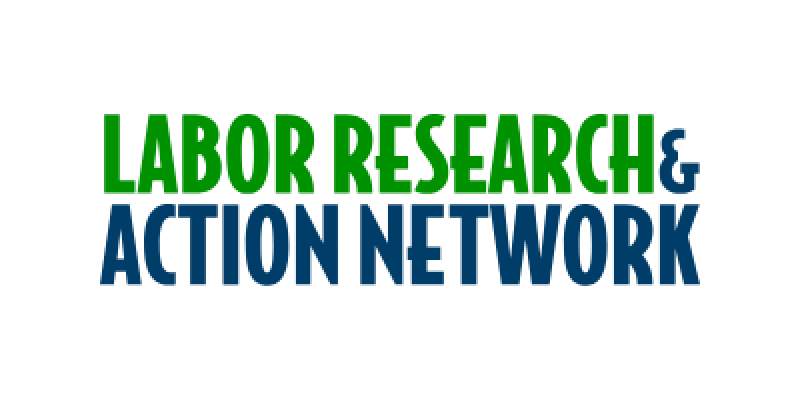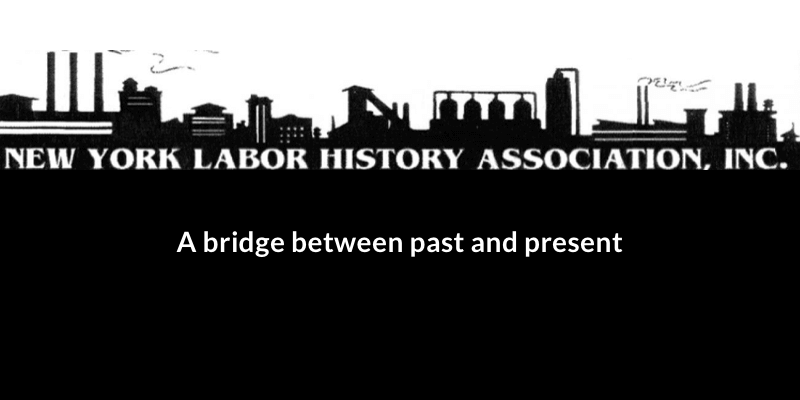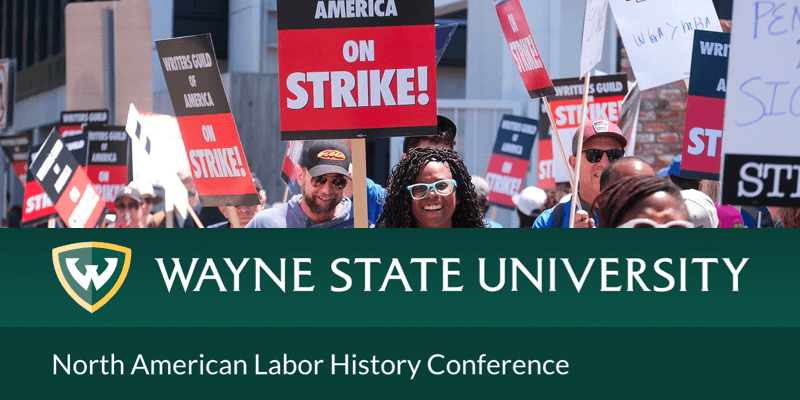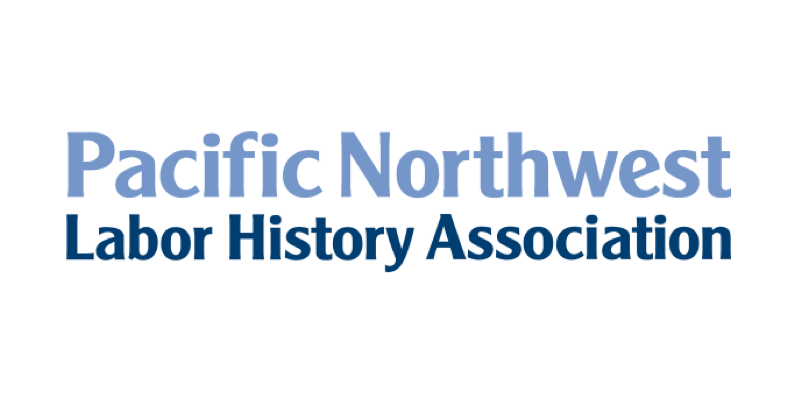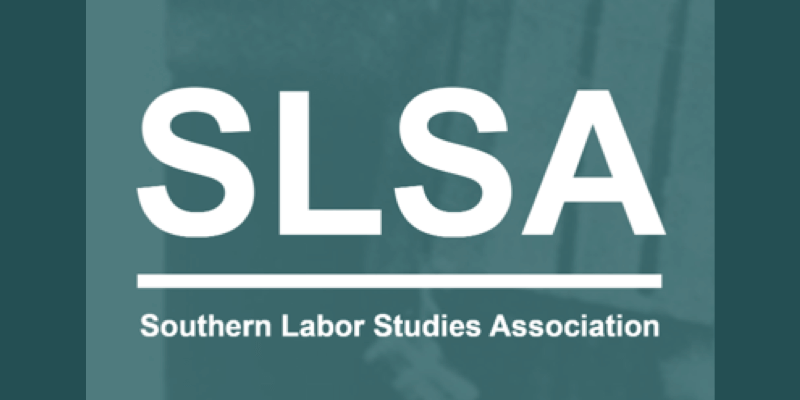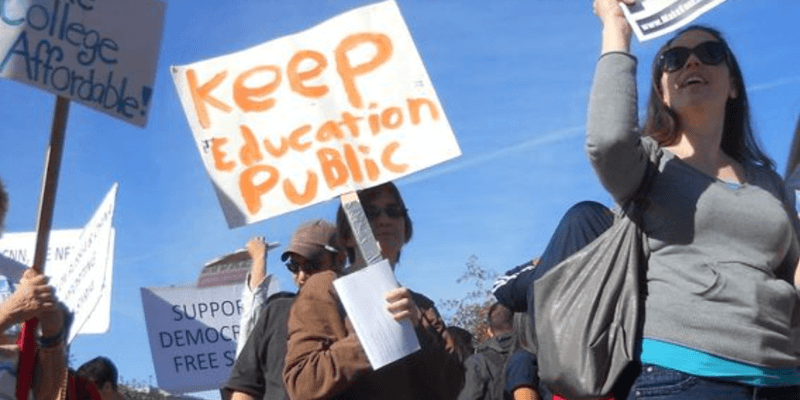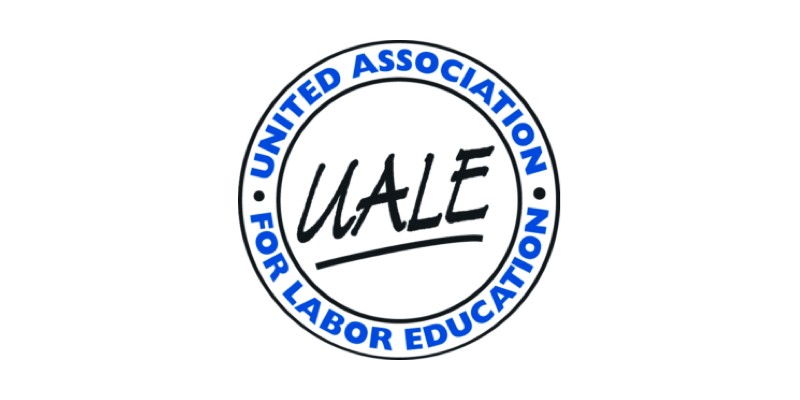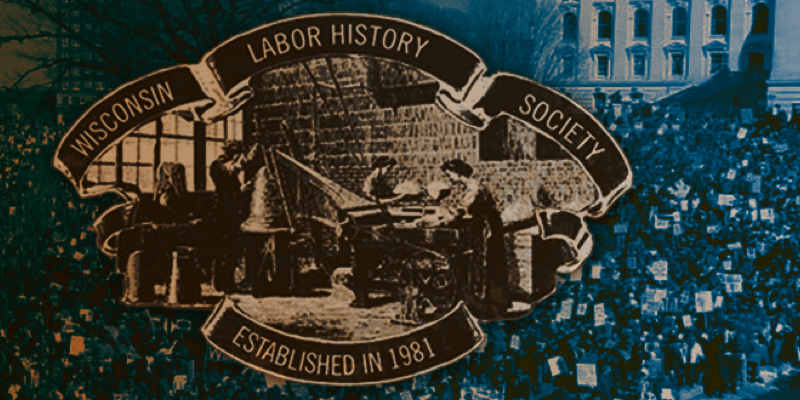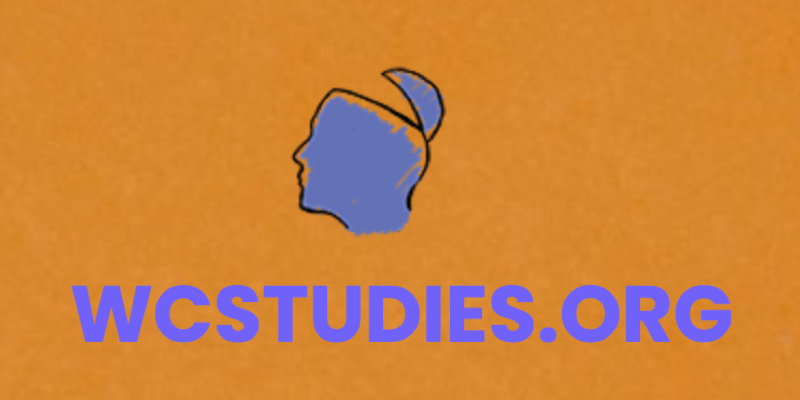Other Labor History Organizations
The Labor and Working-Class History Association is one of many organizations dedicated to labor history, workers’ rights, and workplace justice. Hundreds of organizations represent workers and their history across the world. We list some of the US labor and working class history, research, and education organizations that share our goals. If you notice your organization is not listed below, please send a link to LAWCHA@Duke.edu.
American Labor Studies Center
The American Labor Studies Center is a 501(c)(3) not-for-profit organization whose mission is to collect, analyze, evaluate, create and disseminate labor history and labor studies curricula and related materials, aligned to the various state and national standards, to kindergarten through 12th grade teachers nationwide. They will include such areas as the history, organization, activities, and issues affecting the labor movement and the political, economic, and cultural aspects of workers and their unions. It is governed by a Board of Directors and funded by contributions and government grants.
The Global Labour History Network
LAWCHA is a proud regional affiliate of the Global Labour History Network (GLHN), which includes labor historians, activists, and organizations from around the world, including Argentina, Canada, Japan, Portugal, Senegal, and the Netherlands.
Greater New Haven Labor History Association
The mission of the Greater New Haven Labor History Association is to collect, preserve, and share the history of working people in the Greater New Haven Area.
Harry Bridge Center for Labor Studies, University of Washington
The Harry Bridges Endowed Chair and Center for Labor Studies were created to be jointly housed in the departments of Political Science and History at the University of Washington. Supporting research, teaching, and community outreach, The Center focuses on labor’s contribution to society. The Center promotes the study of labor in all of its facets – locally, nationally, and worldwide. Our mission is to develop labor studies, broadly conceived to include working men and women everywhere, as a central concern in higher education. The Center also oversees the Labor Archives of Washington, part of the University of Washington Libraries Special Collections.
Illinois Labor History Society
The Illinois Labor History Society wants to share an amazing story with you. It’s the story of how working people built this state. Not just by the work of strong hands and strong minds, but with the ideals of democracy, equal opportunity and human solidarity. It’s the story of the labor movement in Illinois. It’s the story of some courageous amazing people Like Mary Harris “Mother” Jones who defied the powerful coal bosses and A. Phillip Randolph who taught the railroad bosses how to respect their own employees. It’s also about those people whose names we will never know, but through struggle and sacrifice, made a big difference.
Labor Research Action Network (LRAN)
The Labor Research and Action Network (LRAN) is a dynamic collaborative effort to connect workers’ rights organizations, academics and students to build workplace and economic power for working people in this country.
New York Labor History Association
Founded in 1976 by trade unionists, academics, students, archivists, educators, labor editors, attorneys, and retirees, mostly from New York State, NYLHA encourages the study of workers and their organizations. It serves as a bridge between the past and the present, between trade unionists and academics.
North American Labor History Conference (NALHC)
For over 30 years, the North American Labor History Conference has been an annual platform for discussion and analysis about labor and working-class history from the shop floor to the international movement. Hosted by Wayne State University (Detroit, MI), NALHC encourages broad graduate student and faculty participation. Past themes include Labor, Slavery, and Freedom in a Global Age; Class, Gender, and Ideology in Historical and Contemporary Perspective; Class, Work and Revolution; and Geographies of Labor.
Pacific Northwest Labor History Association
The Pacific Northwest Labor History Association (PNLHA) is a non-profit association dedicated to preserving the history and heritage of workers in the Pacific Northwest. We consider the “Pacific Northwest” to be British Columbia, Oregon and Washington. Our members are trade unionists, students, academics, and others who share an interest in the history and heritage of workers in this region.
Southern Labor Studies Association (SLSA)
SLSA’s mission is to organize the Southern Labor Studies Conference as well as sessions on southern working class history at other venues. We are also dedicated to enhancing connections between academics and labor activists in the U.S. South, and promoting working class history in public school curricula by provide resources for public school teachers.
United Association for Labor Education (UALE)
The United Association for Labor Education is a new, united organization of labor educators launched at the start of a century which promises progress, growth, and hope for the labor movement. Born of the merger between Workers’ Education Local 189 and the University and College Labor Education Association, the UALE welcomes all labor educators into this new, exciting national and international organization. Together we will work to promote education as an essential tool in the process of union transformation, to develop new leadership, and to strengthen the field of labor education in order to meet the ever-changing needs of unions and workers.
Wisconsin Labor History Society
Formed in 1981, the Wisconsin Labor History Society exists to continue the heritage developed by the state’s workers and union activists. We are dedicated to: telling the public of the contributions of labor to Wisconsin; getting labor’s story in the schools and colleges; and preserving documents and records of workers and their unions.
Working-Class Studies Association
The Working-Class Studies Association was formed in 2005 to support and promote interdisciplinary and activist projects focused on working-class lives and culture. The WCSA publishes a semi-annual newsletter, holds annual conferences, sponsors an awards competition, and provides online resources.

